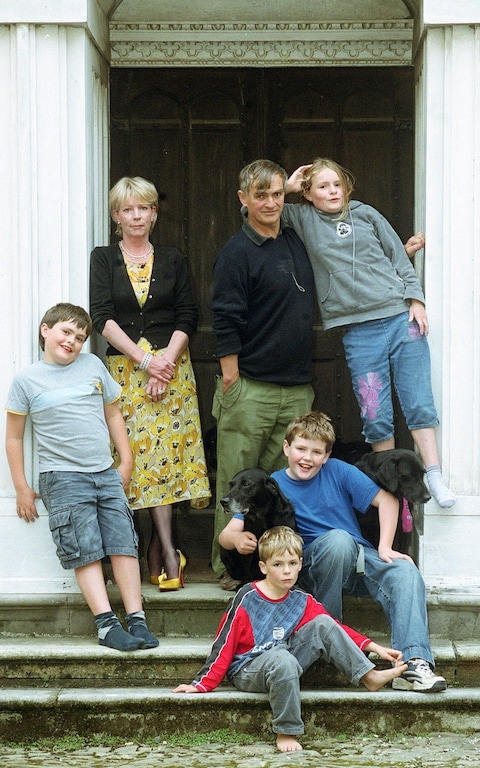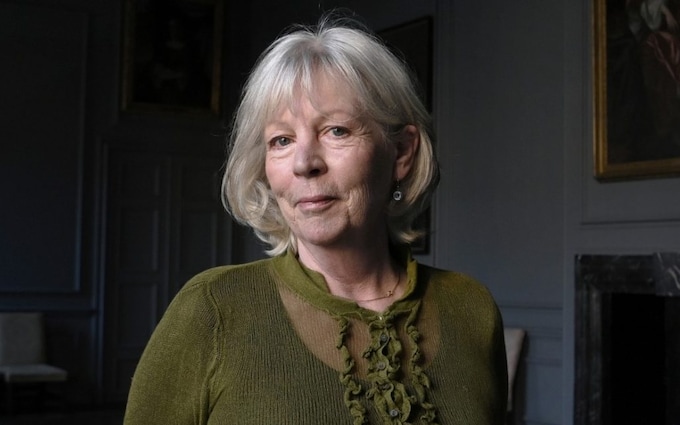Is Kishanda Fulford still alive? This question has been circulating among certain circles, possibly fueled by rumors and hoaxes that tend to swirl around public figures, particularly those who have recently been in the limelight due to controversial topics.
Is Kishanda Fulford Still Alive? The Answer
Yes, Kishanda Fulford is still alive. She has recently made headlines following the publication of her new book in 2023, The Spite of Fortune: The Fabulous Story of an 18th Century Heiress.
The tale of Louisa Carolina Collerton, a Fulford forbear who inherited plantations in South Carolina who once owned the Bahamas, but lost them due to “forgery and skullduggery”. It dives into the past of her family and the broader subject of history and its interpretation in modern times.
Hoaxes about Kishanda Fulford being dead have been numerous, but she is not dead. Unfortunately, in our current digital age, misinformation spreads quickly, sometimes outpacing the truth. Despite these baseless claims, Kishanda remains an active figure in both literary and social spectrums.

Kishanda Fulford’s Health Status
Kishanda Fulford is in good health, and there have been no public disclosures of any serious illnesses. She has been actively promoting her new work, participating in interviews, and engaging with both supporters and critics alike.
Who is Kishanda Fulford?
Kishanda Fulford is the chatelaine of the Great Fulford estate, a historic property in Devon, England. She rose to fame alongside her family in the early 2000s with the documentary “The F—ing Fulfords.” Known for her forthright personality and unapologetic stance on historical truth, she recently authored the book “The Spite of Fortune: The Fabulous Story of an 18th Century Heiress,” focusing on her predecessor Louisa Carolina Collerton.

Kishanda Fulford’s Position on Historical Authenticity
Kishanda Fulford stands firm in her belief that it is not the role of a historian or a writer to censor the past. Her book draws on primary sources, some of which contain language that is offensive by today’s standards. However, Kishanda insists that these aspects cannot be erased or ignored if one is to fully understand and learn from history. This has led to some controversy, as she balks at the idea of employing ‘sensitivity readers’ to sanitize historical accounts.
In her own words, Fulford states, “I can’t just take an eraser and rub history out, nor can I excise the language that was used no matter how horrible.” This stance has undoubtedly ruffled feathers among those who argue for a more nuanced or contextual approach to historical writing, particularly concerning sensitive topics like the slave trade.
Kishanda Fulford’s Response to Public Scrutiny
Amidst the launch of her book and subsequent discussions, Kishanda Fulford has been the target of criticism, particularly from those with anti-slavery sentiments. She notably expressed her readiness to face the ire of what she calls Bristol’s “anti-slavery brigade” walking down her driveway. Her provocative comment reflects her readiness to confront critical opinions and debates head-on, rather than shying away from them.
While the statement may appear confrontational, it also underscores her commitment to historical integrity and her readiness to engage in constructive dialogue about the uncomfortable aspects of her family’s past.

The Fulfords’ Legacy and Ongoing Challenges
The Fulford family, with Kishanda at the forefront, has had to navigate the challenges of maintaining a historical estate in modern times. The balance between upholding tradition and adapting to contemporary societal norms has been a difficult but essential part of their narrative—a narrative that Kishanda portrays candidly in her literature and media appearances.
The details of their financial struggles and resolution methods, such as publicizing their estate and engaging in various ventures, demonstrate the Fulfords’ resilience and innovative spirit, qualities that Kishanda embodies in both her personal life and her writing.
Final Words
In conclusion, despite rumors to the contrary, Kishanda Fulford is still alive, and she continues to play a robust role in contemporary discussions on history and its narration. Through her work and public statements, Kishanda challenges the narrative of cancel culture and the erasure of uncomfortable historical truths. While controversial, her presence in the public discourse ignites important debates on how we address the less palatable parts of our shared history.

